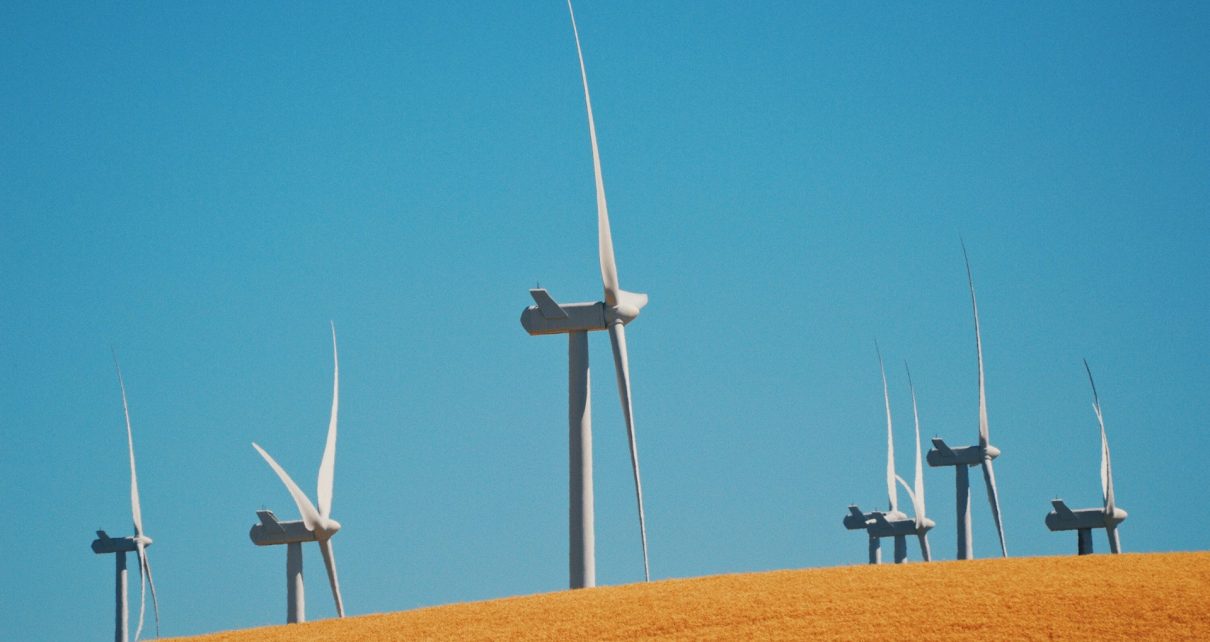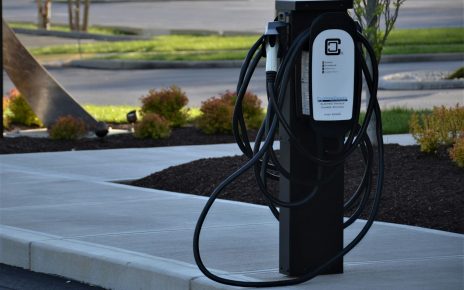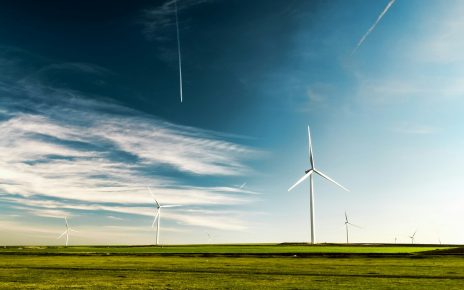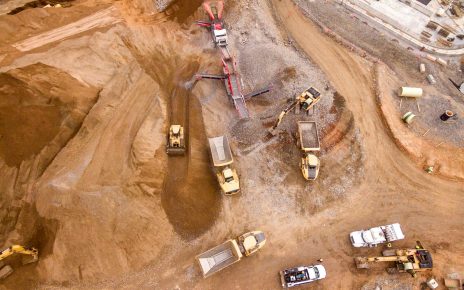Activists in Herford initially aimed to establish wind turbines but have yet to realize this goal. Although hope for a specific project has recently been rekindled, the Peace-Promoting Energy Cooperative Herford (FEGH eG) was formed in 2011, originating from protests against the extension of nuclear power plants’ operating times. Barbara Rodi, one of the founding members and a director since its inception, recalls, “The energy transition seemed too slow and sluggish. We wanted to take matters into our own hands.” The goal was always to use the electricity generated locally as much as possible.
The cooperative was named with a particular idea in mind: to demonstrate that self-sufficiency in energy could help avert resource wars. “Since 2022, we’ve had to explain this less often. Many people now realize that we need to move away from fossil fuels,” says Rodi. Initially, the term “peace-promoting” was met with skepticism, viewed as politically left-leaning by some, while leftists considered it too profit-oriented. “That’s simply a misunderstanding, as cooperatives aim to support their members, not to operate primarily for profit. They still need to be economically viable,” Rodi clarifies.
The cooperative received support from the EnergieWerke Schönau and the Central Association of German Consumer Cooperatives during its founding phase. The Fukushima reactor disaster prompted a surge in membership. Faced with local political and administrative hurdles to wind power, members decided to build photovoltaic systems instead. A housing cooperative and two farms were brought on board as partners.
In 2020, a significant step was taken with the construction of a 750-kilowatt PV system, which could be built without a tender due to its size. The site chosen was a local landfill, which posed unique challenges. “Installing the solar modules was particularly tricky as we couldn’t penetrate deeper than 40 centimeters into the ground to avoid damaging the landfill’s protective liner,” Rodi explains. The project faced additional hurdles like the COVID-19 pandemic and reductions in feed-in tariffs, necessitating swift action. For the first time, a bank was involved in financing. The project now regularly attracts inquiries from potential replicators curious about the practical aspects of the endeavor.
Today, FEGH has about 500 members from across Germany, though most are from around Herford. The core group consists of 15 active members who strive to operate democratically. The cooperative’s work is divided among thematic groups handling acquisition, planning, finance, service, and public relations, all working on a voluntary basis. Rodi, a music therapist by profession, notes, “Communication is crucial, and that applies to energy cooperatives as well.”
Rodi actively works to involve more women in the energy transition, believing it cannot succeed without them. A workshop on balcony modules targeted at women, supported by SoLocal Energy from Kassel, was particularly well-received. The cooperative is also committed to sharing knowledge about the energy transition, recently organizing a public event on municipal heat transitions. It continues to receive inquiries from groups wanting to start their own energy cooperatives. The cooperative also participates in bike demonstrations and Fridays For Future events. In a recent act highlighting the social aspect of the energy transition, four shares were gifted to four young women who connected with the cooperative through their involvement with Fridays for Future.



